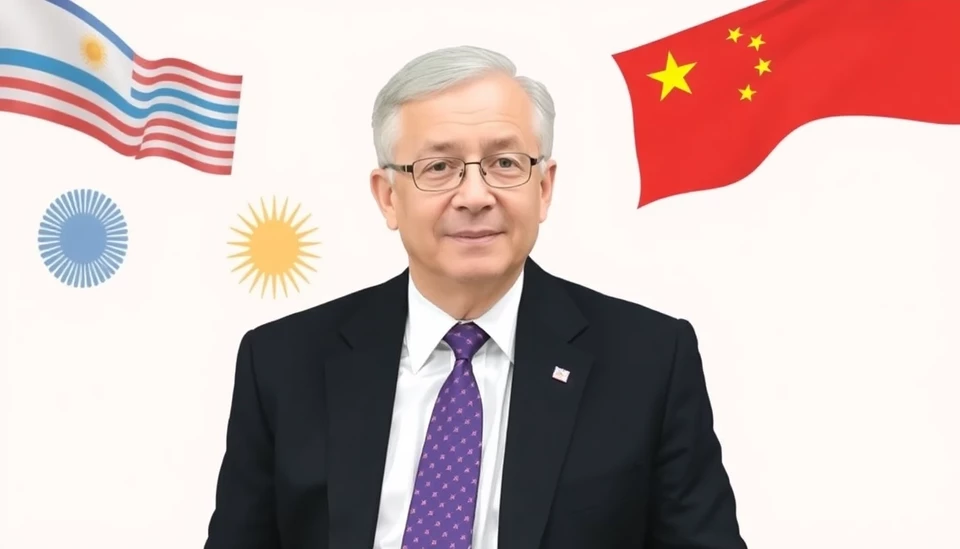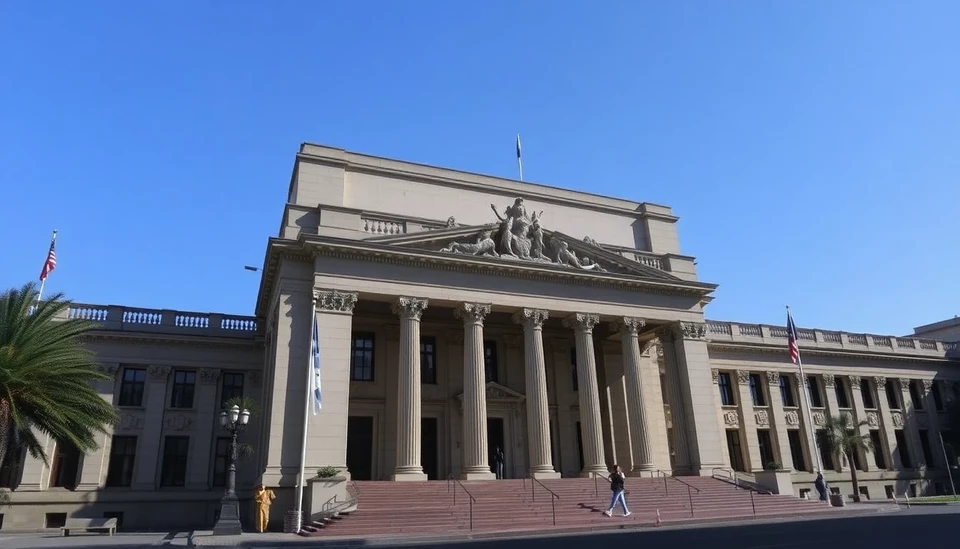
In a significant development for Argentina's recovering economy, the country has reached an agreement with the International Monetary Fund (IMF) staff for a substantial financial package amounting to $20 billion. This agreement marks a crucial step in addressing the nation’s fiscal challenges and stabilizing its macroeconomic landscape.
The discussions that led to this milestone were characterized by extensive negotiations, reflecting Argentina's urgent need for financial support amidst a backdrop of ongoing economic turbulence, soaring inflation, and currency depreciation. The arrangement is expected to bolster the Argentine economy, ensuring that both the government and the public have more confidence in the nation’s financial future.
The agreement is particularly significant as it provides not only immediate liquidity but also paves the way for subsequent rounds of negotiations that could extend Argentina's relationship with the IMF, enhancing its ability to navigate complex economic scenarios. Analysts have noted that this agreement could further open doors for additional financing and investments in the long term.
This financial arrangement, which comes at a crucial time as Argentina faces increasing inflation rates and challenges to its currency, signifies a potential turning point for the country. The IMF's backing is likely to attract further foreign investments and ease the burden on public finances, allowing for more strategic allocation of resources towards pressing socio-economic issues.
As part of the deal, Argentina has committed to implementing certain fiscal policies that align with the IMF's standards, reinforcing the country's commitment to financial prudence while aiming to restore economic growth. This includes measures to enhance revenue collection and streamline public spending to create a more sustainable fiscal framework.
While the news has been welcomed by many in the financial sector, experts caution that the road ahead remains fraught with challenges. Argentina's previous engagements with the IMF have often met with mixed results due to political instability and structural economic issues. The government now faces the critical task of ensuring that the agreed-upon reforms translate into tangible improvements for its citizens.
Local and international observers will undoubtedly be keeping a close eye on the implementation process of this agreement. The government’s ability to maintain public support while pushing through the necessary reforms will be vital in determining the success of this financial lifeline and restoring stability to the Argentine economy in the long run.
As the world watches Argentina navigate this complex financial landscape, one thing is clear: the $20 billion agreement with the IMF represents a pivotal moment that could define the country's economic trajectory for years to come.
#Argentina #IMF #EconomicStability #FinancialAgreement #Inflation #FiscalPolicy
Author: Rachel Greene




